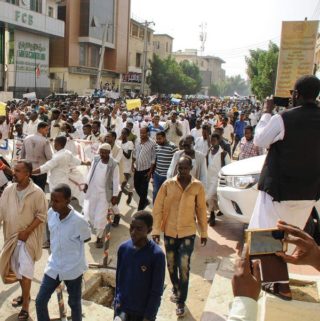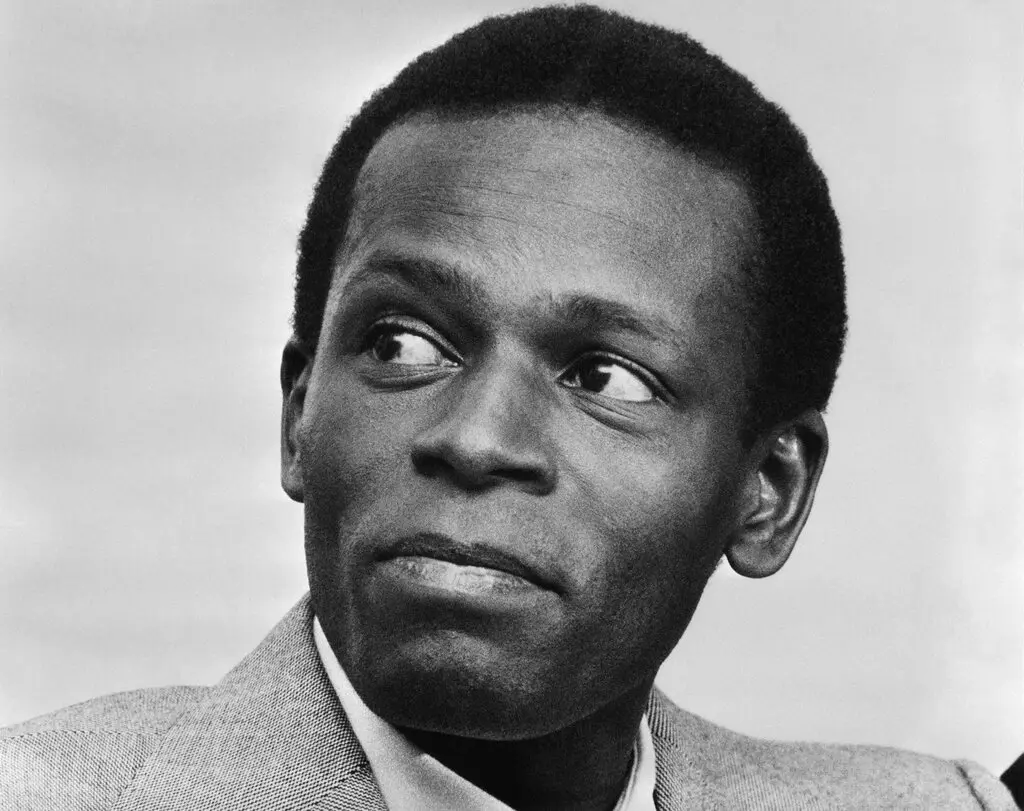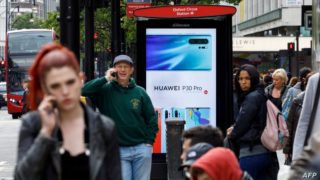NAIROBI, Kenya — Sudanese security forces fired tear gas and live gunfire into crowds of demonstrators on Saturday, killing at least five people and wounding many others, as one of Africa’s largest countries plunged deeper into a crisis set off by a recent military coup.
Tens of thousands of people massed on the streets of the capital, Khartoum, and several other cities to protest the country’s military chief, Lt. Gen. Abdel Fattah al-Burhan, who has progressively tightened his grip on Sudan since he ousted the civilian prime minister on Oct. 25.
The demonstration was the latest in a series of actions, including strikes and civil disobedience, led by angry Sudanese hoping they can force General al-Burhan to reverse the coup. Their position is backed by the United States, which has called for the immediate restoration of Prime Minister Abdalla Hamdok, and by other Western nations that have suspended aid to the cash-strapped country in an effort to pressure the military.
But Sudan’s generals seem to be going in the opposite direction. On Thursday General al-Burhan appointed himself head of a new ruling body that excluded the civilians he had shared power with since the ouster of the longtime dictator, Omar Hassan al-Bashir, in 2019.
On Saturday, the military appeared intent on drawing a line in the streets.
Soldiers closed a major bridge across the Nile linking Khartoum to its twin city, Omdurman, a traditional hotbed of protest. Coils of barbed wire were strewn across major junctions to stop protesters from reaching rallying points near the presidential palace.
Even so, thousands of people spilled out of neighborhoods in both cities, clashing with riot police officers who fired tear gas at first and then used gunfire.
By evening, the Central Committee of Sudanese Doctors reported that four people had been killed by gunfire and that a fifth person had died from the effects of tear gas. Many others had been wounded, the doctors committee said, and the chaos in the streets had prevented at least some of them from reaching hospitals.

Although the internet has been largely shut down since the coup, activists circulated videos on social media that showed police officers firing their weapons at protesters amid plumes of tear gas.
Officers also chased protesters down side streets in an effort to prevent them from reaching rallying points, witnesses said.
“They don’t want people to unite,” Mariam al-Mahdi, the ousted foreign minister and a leading figure in Sudan’s largest political party, said in a phone interview.
One of the few civilian leaders not arrested since the coup, Ms. al-Mahdi is the daughter of Sadiq al-Mahdi, Sudan’s last democratically elected prime minister who was ousted by Mr. al-Bashir in a 1989 coup.
The clashes on Saturday augured badly for American-led efforts to persuade General al-Burhan to unwind the coup. On Friday, the Biden administration joined a chorus of international condemnation against what was widely seen as an effort by General al-Burhan to entrench the coup.
The governing body that the military announced on Thursday is dominated by military leaders and handpicked civilian allies. While General al-Burhan insisted he wanted to “protect the revolution” that ousted Mr. al-Bashir in 2019 and steer Sudan toward free elections in 2023, few Western nations accepted those promises.
On Friday the United States called on the military “to refrain from further unilateral action that will set back Sudan’s hard-won progress to rejoin the international community,” President Biden’s national security adviser, Jake Sullivan, said on Twitter.
The giant crowds of young people thronging Sudan’s streets on Saturday highlighted how much its leading generals have underestimated popular resistance to the takeover, said Magdi el-Gizouli, a fellow at the Rift Valley Institute.
But Mr. el-Gizouli said that General al-Burhan appears to have seized power to prevent his own ouster by lower-ranking officers who feared they might lose the privileges that the military has amassed over its many decades in power.
With that as the backdrop, he said, no amount of Western pressure is likely to persuade General Al-Burhan to change course.
“Stepping back from this coup might mean a fracturing of the army,” Mr. el-Gizouli said. “It’s not going to be easy for them to reverse the steps they have taken.”
FEATURED IMAGE: Protesters in Port Sudan marched on Saturday against the government of Lt. Gen. Abdel Fattah al-Burhan, who has tightened his grip on Sudan since ousting the civilian prime minister. Credit…Agence France-Presse — Getty Images
By Declan Walsh/The New York Times





